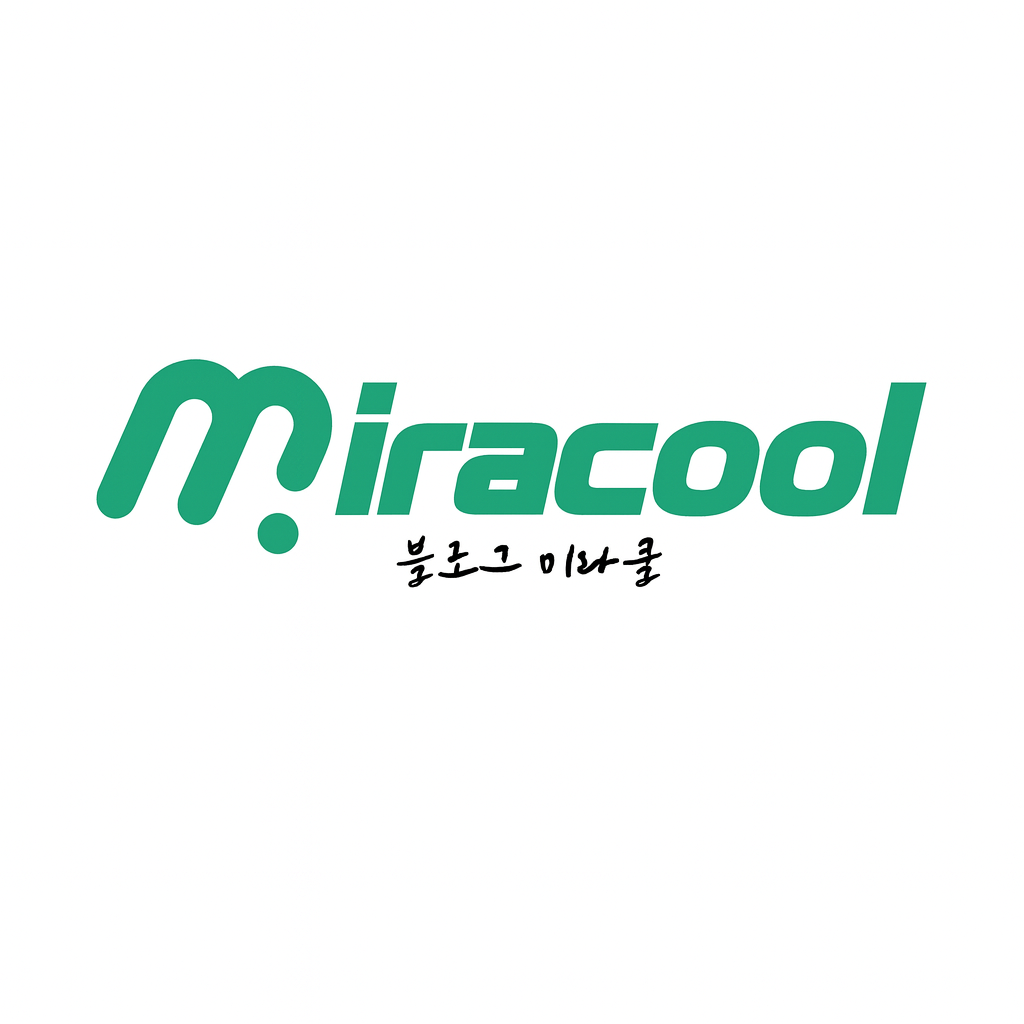누가 아침 드세요? 물어봤을 때, ‘네, 먹어요/아니요, 안먹어요’ 하고 단답형 대답으로 끝낼 게 아니라 자신의 상황을 영어로 줄줄 얘기해야 영어가 늘겠죠. 문득 오늘 강의를 보면서 영어에서만큼은 수다쟁이가 되고 싶다는 생각이 들었습니다.
No, not really. 아니오, 딱히 그렇지는 않아요.
if that’s what you’re asking. 이걸 묻는게 맞는지 모르겠지만, 내 대답은 이렇다/ 그 정도까지는 아니에요.

일상을 영어로 if that’s what you’re asking
오늘 외울 문장입니다.
I used to when I was living with my parents. But now, I might have a granola bar and a cup of coffee on my way to work but I don’t really sit at home and have a proper breakfast meal, if that’s what you’re asking.
A: (평소에) 아침 드세요?
B: 아니오, 딱히 그렇지는 않아요. 예전에 부모님이랑 살았을 때는 그랬는데 지금은 출근길에 그래놀라바랑 커피 한잔은 먹을 때도 있는데 집에 앉아서 제대로 된 아침 식사를 하는 정도는 아니에요.
A: Do you eat breakfast?
B: No, not really. I used to when I was living with my parents. But now, I might have a granola bar and a cup of coffee on my way to work but I don’t really sit at home and have a proper breakfast meal, if that’s what you’re asking.
1. 아침 드세요?
Do you eat breakfast?
2. 아니오, 딱히 그렇지는 않아요. 예전에 부모님이랑 살았을 때는 그랬는데
No, not really. (조금 여유를 주는 답변을 할 때 No, not really)
I used to when I was living with my parents.
I used to (eat breakfast) 중복을 피하기 위해 생략
3. 지금은 출근길에 그래놀라바랑 커피 한잔은 먹을 때도 있는데
But now, I might have a granola bar and a cup of coffee on my way to work
might ~ 할 수도 있다/~할지도 모른다/ 그렇게 할 때도 있다/ 그렇게 할 경우도 있다
그럴수도 있고, 아닐수도 있는 가능성에 대해 얘기할 때/ 그렇게 할 때도 있다의 의미로도 많이 쓰임
4. 집에 앉아서 제대로 된 아침 식사를 하는 정도는 아니에요.
but I don’t really sit at home and have a proper breakfast meal, if that’s what you’re asking.
I don’t really do something 딱히 ~하는 건 아니다/ 정확히 ~하는 건 아니다
proper breakfast meal 제대로된 아침 식사
* if that’s what you’re asking 이걸 묻는게 맞는지 모르겠지만, 내 대답은 이렇다
그정도는 아니다, 당신의 묻는 질문의 기준이 이 정도까지인지 모르겠지만
이 문장이 있으므로써 ‘딱히 그렇게까지 잘 차려먹는 정도까지는 아니에요’하는 뉘앙스가 전달됨
만약에 저 문장이 없으면 ‘딱히 잘차려먹지는 않아요’로 끝남
If someone says “if that is what you are asking,” it means they are unsure if that was really what you meant.






